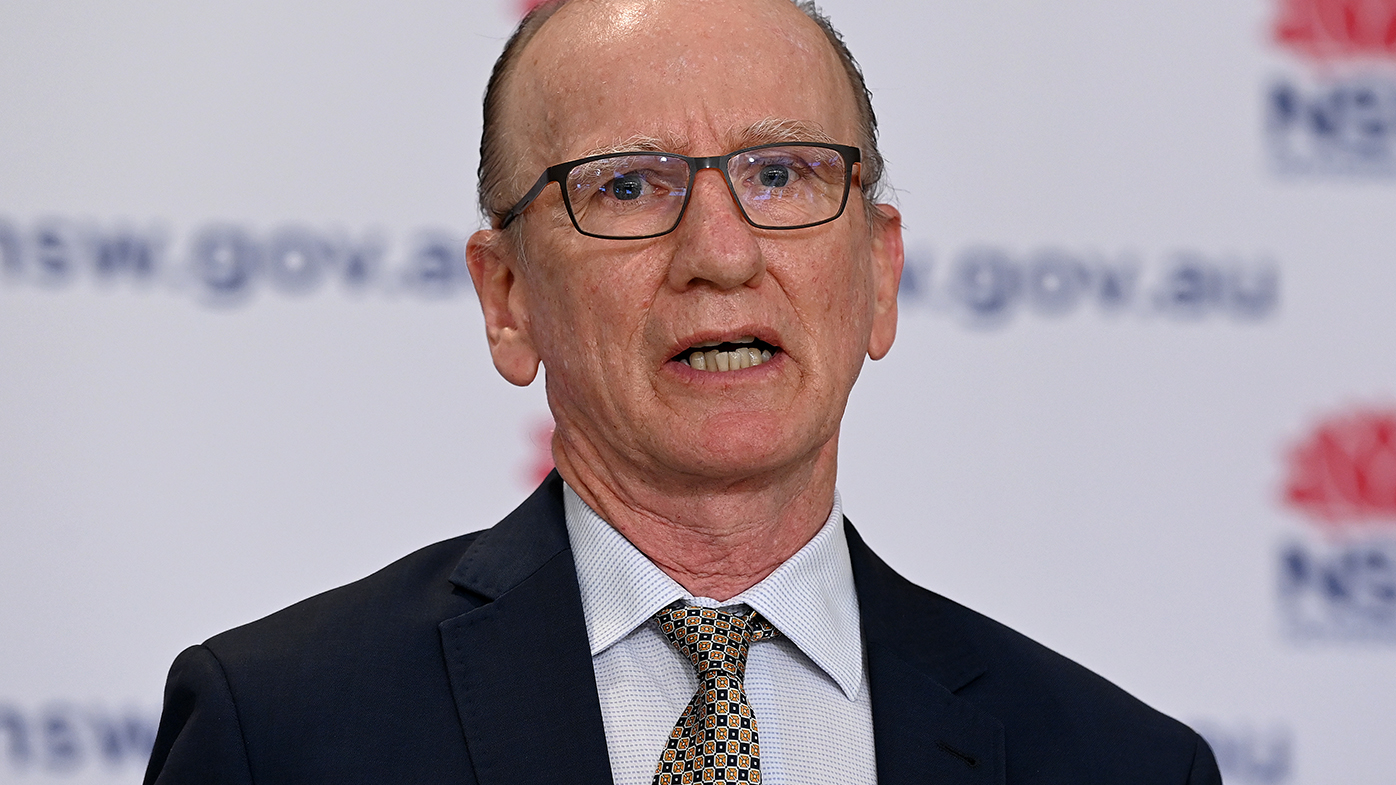Parents of younger children are being urged to watch out for signs of "distress" with primary school students particularly at risk from the extended lockdown in New South Wales.
Greater Sydney has been locked down since June, with restrictions subsequently spreading to the rest of the state.
It's meant many students have been home-schooled for all of Term 3, a situation that will continue into at least October.
READ MORE: NSW records 1431 new cases, 12 deaths

The state's chief psychiatrist, Dr Murray Wright, has reminded parents that children are likely feeling the same lockdown stresses as adults.
"Children express stress differently and they will often express it indirectly," he said.
"Some children will act out, some will become clingy and some will become dependent, others will withdraw.
"I think it is reasonable if there is any kind of change in behaviour in your school-aged children at this time to assume that is actually a statement of distress and take the opportunity to find out what is causing that distress."
Dr Wright noted that children can often become upset by things they've overheard, misunderstood or misinterpreted.
READ MORE: Palaszczuk apologises for allowing NRL partners in
He urged parents to be wary of the experiences their children are missing out on while in lockdown, and to be non-judgemental.
"It is important to be validating, to be optimistic, to be reassuring, and to be encouraging of what is going to happen in the future," he said.
He pointed out that any conversations with children need to be regular, and not rushed at a time when parents are juggling a number of priorities.

"These things are really difficult to do," he explained.
"Under these difficult circumstances, it is really important and having this sort of conversation on a regular basis as a family helps manage and contain any distress.
READ MORE: Woman in her 30s dies a day after testing positive
"Children pick up on the emotional environment that is around them.
"They very easily react to strong emotions that are happening in the house around them and it is yet another reminder for us to be very deliberate and very mindful about how and when we express our reactions to the things that are happening to all of us."
Dr Wright warned parents to be vigilant in monitoring the mental health of their children, explaining that the issue won't disappear overnight.
"These things I'm talking about are challenging and difficult and they have to happen day in and day out," he said.
"It is really important to look after your own health and if some of the things which I am talking about prove challenging and difficult to sustain over time, talk to your friends and talk to your family about it."
